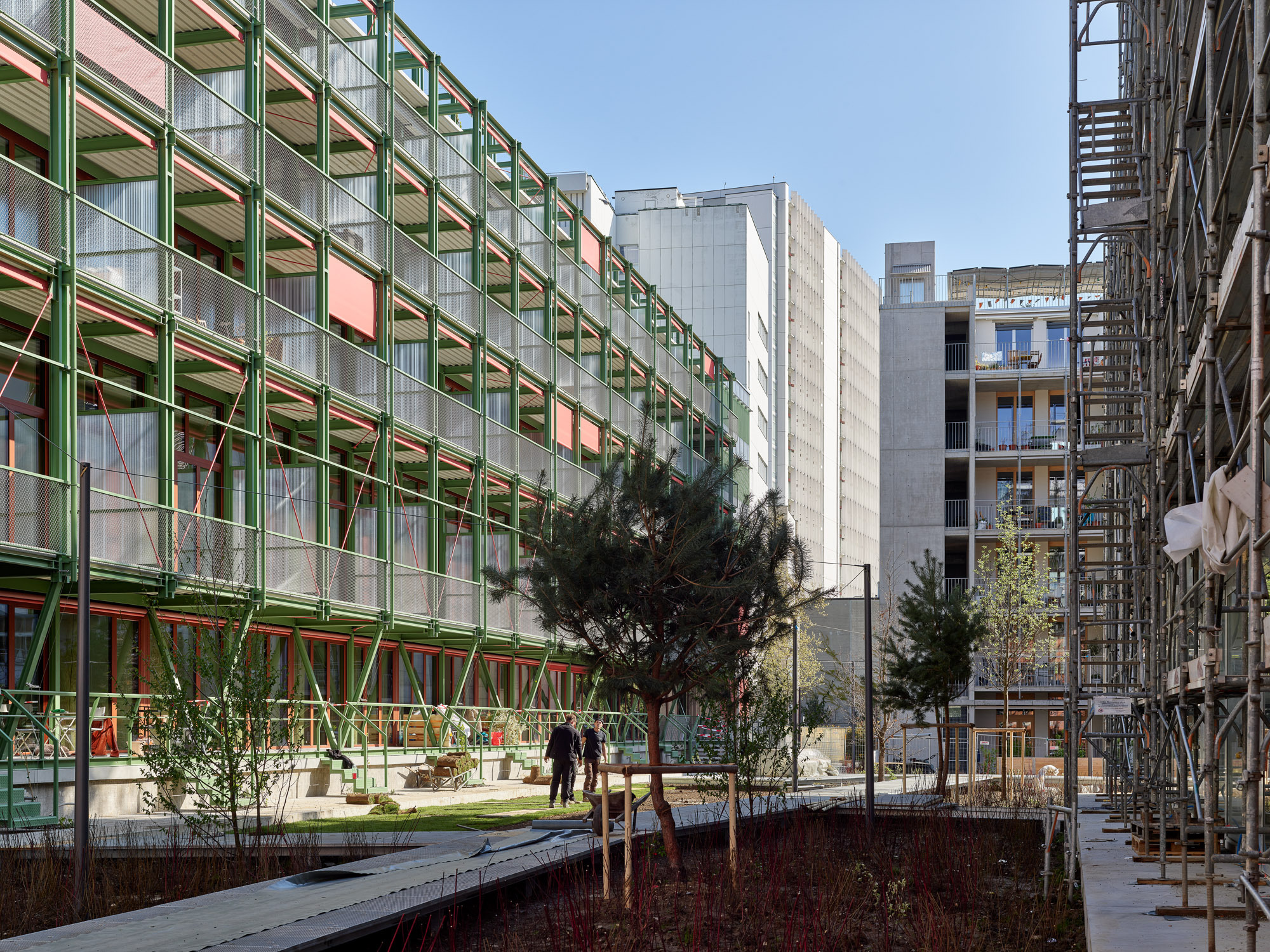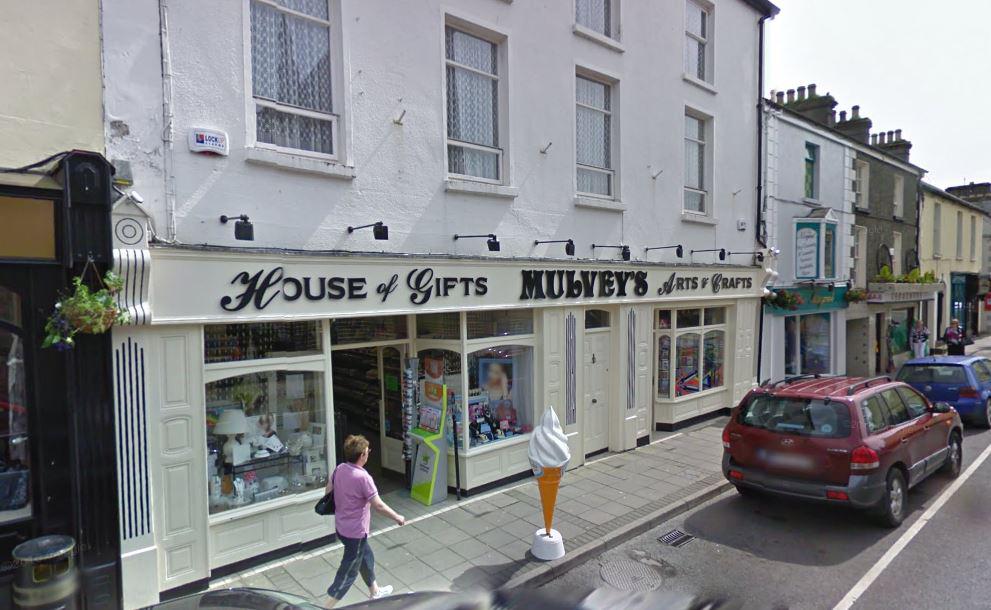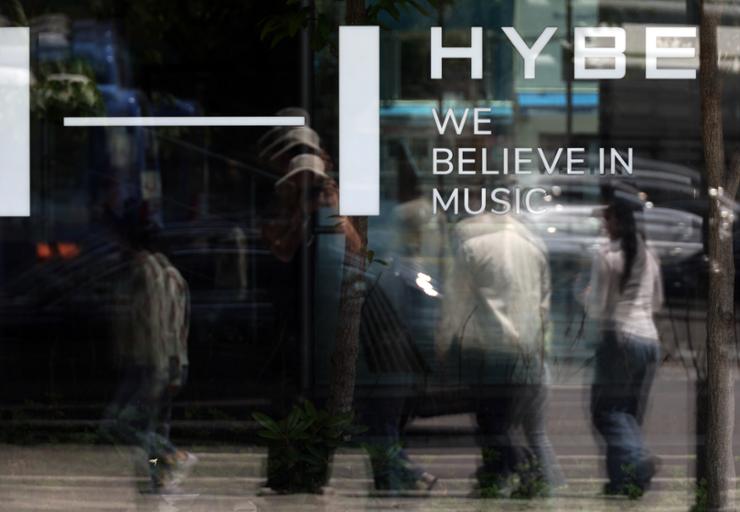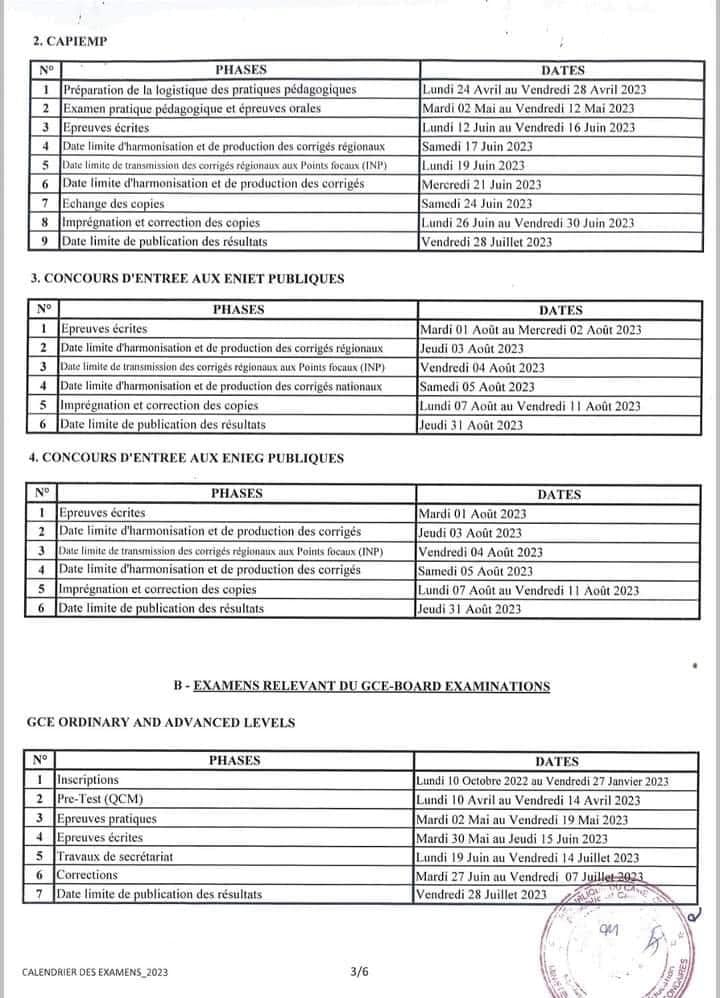The Netherlands: Why The Conversion Of Empty Offices And Shops Into Housing Is Faltering

Table of Contents
Complex and Costly Regulations
Navigating the regulatory landscape presents a major hurdle for developers aiming to convert empty offices and shops into housing in the Netherlands. The complexities and costs associated with obtaining the necessary permits and approvals often prove prohibitive.
Permitting and Zoning Issues
The process of securing planning permission is notoriously lengthy and cumbersome. Strict building codes, lengthy approval times, and inconsistent municipal policies create significant delays and uncertainty. Bureaucratic hurdles add further complexity, often leading to project delays and increased costs.
- Strict building codes: Meeting stringent Dutch building regulations designed for new constructions often requires extensive and costly renovations in older commercial buildings.
- Lengthy approval times: The time taken to obtain all necessary permits can stretch for months, even years, impacting project timelines and financial viability.
- Bureaucratic hurdles: Navigating complex administrative processes and dealing with multiple government agencies adds significant time and expense to the conversion process.
- Inconsistent municipal policies: Variations in regulations across different municipalities make it challenging for developers to predict and manage the permitting process consistently.
For example, a recent project in Amsterdam experienced a two-year delay due to disagreements over accessibility requirements, significantly increasing its overall costs. This highlights the unpredictable nature of the regulatory environment and its impact on the feasibility of conversion projects.
High Conversion Costs
Transforming commercial spaces into residential units often necessitates extensive structural alterations, incurring substantial costs. These expenses often exceed initial projections and make conversion projects less economically attractive compared to new-build developments.
- Necessary renovations (electrical, plumbing, insulation): Outdated infrastructure in older buildings requires comprehensive upgrades to meet modern residential standards.
- Demolition costs: Partial or complete demolition may be necessary to restructure the space and create suitable living areas.
- Accessibility adaptations: Meeting accessibility regulations for people with disabilities adds further costs to conversion projects.
- Compliance with energy efficiency standards: Upgrading insulation and installing energy-efficient systems is crucial to meet current environmental regulations, significantly increasing expenses.
A recent cost analysis showed that converting an existing office building into residential units can be up to 30% more expensive than constructing a comparable new-build development. This significant price difference directly impacts the profitability of conversion projects, deterring developers from pursuing this approach.
Lack of Financial Incentives and Support
The lack of sufficient financial support further hinders the conversion of empty offices and shops into housing in the Netherlands. Developers argue that current government schemes fall short of what's needed to make these projects economically viable, especially in less profitable areas.
Insufficient Government Subsidies
While some government programs offer financial assistance, many developers find the level of support inadequate. The eligibility criteria for subsidies are often restrictive, excluding many potentially viable conversion projects.
- Comparison of subsidy levels in the Netherlands versus other European countries: Many European nations offer more generous incentives for residential conversions, making their projects more financially attractive.
- Analysis of funding eligibility criteria: The stringent criteria for receiving subsidies often exclude projects that could contribute to addressing the housing shortage.
- Discussion of potential tax breaks or incentives: Introducing additional tax breaks or incentives could significantly boost the viability of conversion projects.
Successful conversion programs in countries like Germany, which offer substantial tax breaks and streamlined permitting processes, demonstrate the positive impact of robust government support.
Limited Access to Financing
Securing financing for conversion projects presents an additional challenge. Lenders often perceive higher risk associated with these projects compared to new-build developments, leading to difficulties in obtaining loans and higher interest rates.
- Challenges in obtaining mortgages: Banks may be reluctant to provide mortgages for conversion projects due to perceived higher risk and complexities.
- Higher interest rates for conversion projects: The higher perceived risk translates to higher interest rates, increasing the financial burden on developers.
- Lack of specialized financing options: The absence of specialized financial products tailored to conversion projects further limits access to funding.
Many developers report difficulty in securing financing, often citing the lack of specialized lending options and lenders' reluctance to take on the perceived risks associated with these projects.
Practical Challenges and Market Demand
Beyond regulatory and financial hurdles, practical considerations and market demand also play a significant role in the success or failure of conversion projects.
Location and Suitability of Buildings
Not all empty commercial buildings are suitable for residential conversion. Factors such as building design, location, and access to infrastructure can significantly influence feasibility.
- Issues related to noise pollution: Buildings located in noisy areas may require extensive soundproofing, adding to conversion costs.
- Lack of natural light: Poorly designed buildings may lack sufficient natural light, making them unsuitable for residential use.
- Limited access to green spaces: The absence of nearby parks or green areas can negatively impact the desirability of converted units.
- Insufficient parking: Limited parking availability can reduce the attractiveness of converted apartments, particularly in urban areas.
Careful assessment of a building's suitability is crucial before initiating a conversion project.
Meeting Market Demand
Understanding and catering to market demand for specific housing types is essential for the success of conversion projects. Failure to meet these demands can result in unsold or unoccupied units.
- Analysis of current housing needs in specific areas: Conducting thorough market research to understand the local demand for specific housing types is critical.
- Understanding market trends and preferences: Staying informed about current housing trends and preferences ensures that converted units are attractive to potential buyers or renters.
- Adapting conversion strategies to meet demand: Flexibility in design and unit configuration is vital to meet the diverse needs of the housing market.
Market research indicating a high demand for affordable family housing in a particular area should guide the conversion strategy to prioritize family-sized units.
Conclusion
The conversion of empty offices and shops into housing in the Netherlands offers a significant opportunity to address the ongoing housing crisis. However, complex regulations, insufficient financial incentives, and various practical challenges are currently hindering progress. Streamlining permitting processes, increasing government subsidies, creating innovative financing solutions, and a more thorough understanding of market demand are crucial steps towards unlocking the potential of this vital strategy. Only by tackling these obstacles comprehensively can the Netherlands effectively utilize the conversion of empty commercial spaces into housing to alleviate its pressing housing needs and develop sustainable, vibrant urban environments. Let's work together to find effective solutions for the conversion of empty offices and shops into housing in the Netherlands.

Featured Posts
-
 Hasil Imbang Uefa Nations League Belanda Vs Spanyol 2 2
May 28, 2025
Hasil Imbang Uefa Nations League Belanda Vs Spanyol 2 2
May 28, 2025 -
 Irish Euro Millions Winner Sought Ticket Sold In Shop Name Location
May 28, 2025
Irish Euro Millions Winner Sought Ticket Sold In Shop Name Location
May 28, 2025 -
 Hailee Steinfelds Busy Schedule Delays Wedding Plans
May 28, 2025
Hailee Steinfelds Busy Schedule Delays Wedding Plans
May 28, 2025 -
 Sinners Straight Sets Win Over Rinderknech At Roland Garros 2025
May 28, 2025
Sinners Straight Sets Win Over Rinderknech At Roland Garros 2025
May 28, 2025 -
 The Mystery Of Taylor Swifts Easter Eggs Clues Pointing To A May 26th Surprise
May 28, 2025
The Mystery Of Taylor Swifts Easter Eggs Clues Pointing To A May 26th Surprise
May 28, 2025
Latest Posts
-
 Bts Summer 2024 New Album In The Works Exclusive Report
May 30, 2025
Bts Summer 2024 New Album In The Works Exclusive Report
May 30, 2025 -
 2025 Comeback Confirmed Hybe Ceo Addresses Btss Extended Hiatus
May 30, 2025
2025 Comeback Confirmed Hybe Ceo Addresses Btss Extended Hiatus
May 30, 2025 -
 Bts 2025 Tout Savoir Sur Les Dates Des Epreuves Et Resultats
May 30, 2025
Bts 2025 Tout Savoir Sur Les Dates Des Epreuves Et Resultats
May 30, 2025 -
 Hybe Ceos Update Btss 2025 Comeback And The Importance Of Member Time Off
May 30, 2025
Hybe Ceos Update Btss 2025 Comeback And The Importance Of Member Time Off
May 30, 2025 -
 Bts 2025 Dates Des Examens Et Annonce Des Resultats
May 30, 2025
Bts 2025 Dates Des Examens Et Annonce Des Resultats
May 30, 2025
